NZ election: National Party leader Christopher Luxon will need more than good fortune
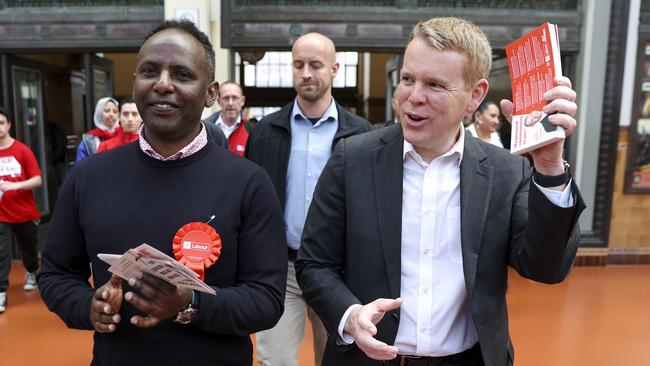
And so, as New Zealand barrels towards its general election on Saturday – an election looking quite likely to produce a new government – luck has played its hand in the experiences of the two main candidates for prime minister and by extension their parties.
For Prime Minister Chris Hipkins, fair weather has long abandoned him as he sails his incumbent Labour Party towards what polling indicates will be a loss at the ballot box. In Labour’s place, a new centre-right governing arrangement led by National Party leader Christopher Luxon is predicted to emerge. Where Hipkins repeatedly has been buffeted by headwinds, fortune has favoured Luxon as he looks set to ascend to power just three years into his political career.
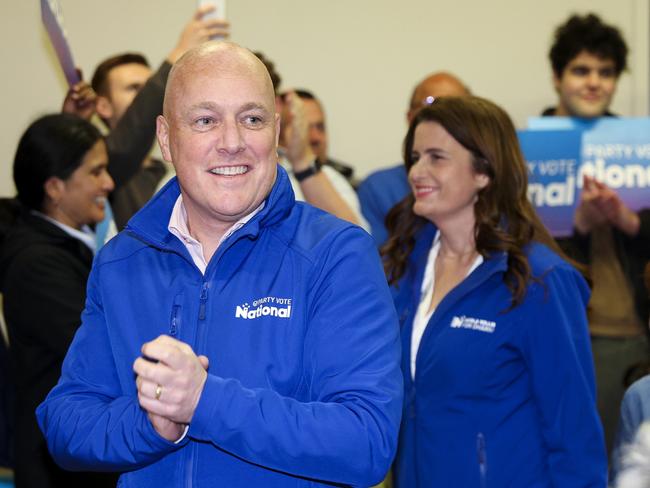
A wider view of New Zealand politics and the two leaders’ electoral trajectory suggests Hipkins is an unlucky politician, whereas Luxon has been blessed otherwise.
New evidence of providence eluding Hipkins was his untimely contracting of Covid, less than two weeks before election day. This had confined him to quarters for nearly a week very late in the campaign, just as he was generating some rare momentum following a debate win over Luxon. Though Labour claim that momentum has returned in the final week of campaigning, re-election still looks doubtful.
The general election has been set against the nation’s bleak mood. Last month a survey found nearly two-thirds of New Zealand voters believe the country is on the wrong track. Though polls are tightening, Hipkins has struggled to make a convincing argument for another term as a jaded and malcontent country looks on.
A famine of luck has not strengthened Hipkins’s case. Since he was handed the keys to the nation by Jacinda Ardern in February, Hipkins has suffered from politically corrosive issues whose origins predated his premiership.
During his watch a series of ministerial scandals surfaced, most of which were hangovers from Ardern’s time in office.
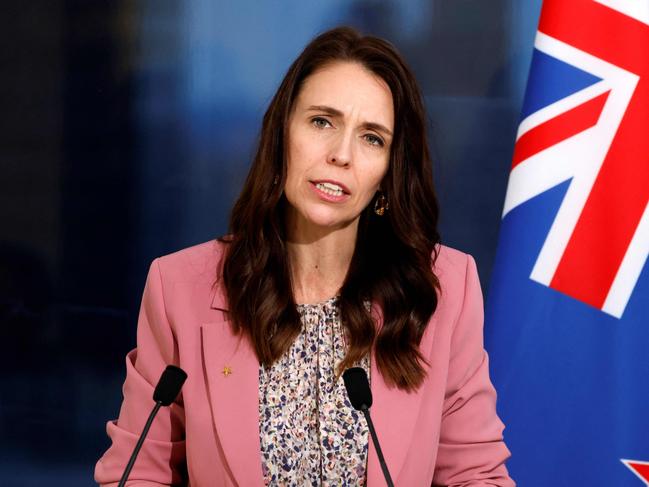
These were problems not given proper care by the then leadership, and while Hipkins tried to salvage politically what he could from them, his administration’s reputation was seriously compromised under the glower of a disapproving public.
Also inherited were issues championed by Ardern, only to become highly divisive under Hipkins and requiring his ruling. Chief among them was co-governance with indigenous Maori. Limited co-governance measures with Maori are already well-established in New Zealand. Under Ardern the idea was pushed further under the proposed introduction of the landmark Three Waters project, which aimed to recast management of the country’s key water assets to include more Maori oversight.
But confusion around both Three Waters and the scope of co-governance unnerved many New Zealanders, forcing a retreat by Hipkins. Though he supports co-governance, Hipkins accepted the need for greater clarity and understanding around the idea. He shelved Three Waters and parked pursuit of greater co-governance processes. Even so, the entire episode damaged Labour and probably hurt race relations in the country.
Hipkins has even suffered acts of God. In February, the damage caused by the calamitous combination of severe flooding in Auckland and the impact Cyclone Gabrielle had on large swathes of the North Island was estimated to have cost between NZ$9 billion to $14.5bn. The recovery costs required serious budget reallocations setting back the government’s fiscal ambitions in a challenging election year.
Hipkins’s bad luck, of course, has been supplemented by his decision-making and political management, which have both come under scrutiny. This includes an inability to curb a stubborn cost-of-living crisis, a failed election sweetener in removing GST from fruit and vegetables, and a controversial embrace of fuel tax increases to fund more roading.
The latter angered road users, and mobilised opposition from the right – which wants less tax – and the left, which wants fewer roads. Even Hipkins’s dismissal of a wealth tax and capital gains tax if re-elected annoyed his own party and supporters.
For Luxon, the wind has been at his back since he entered parliament in 2020. His passage from Air New Zealand chief executive – a role from which he resigned in June 2019 – to MP and then leader of the opposition onwards to being in pole position for prime minister has been relatively smooth as it has been almost supernaturally quick.
In parliament, he has been guilty of misstating policy and producing ill-informed statements that later needed correcting. Overall, however, Luxon has not yet encountered any significant ill wind to knock him off-course.
Luxon is well-known for his ambition. And yet he hasn’t appeared have broken much sweat in his leader’s role. He hasn’t really been required to almost by default, for Labour’s hold on the public’s affection has been slipping for well over a year now as voters are appearing to tire of the party after six dramatic years in power.
One is the libertarian ACT party led by David Seymour, himself full of vim and vigour about changing the country. The other is New Zealand First, the populist party founded and helmed by the famously pugilistic and theatrical former deputy prime minister Winston Peters. A victorious Luxon will need to be graced by more good fortune to see him through the election aftermath unscathed.
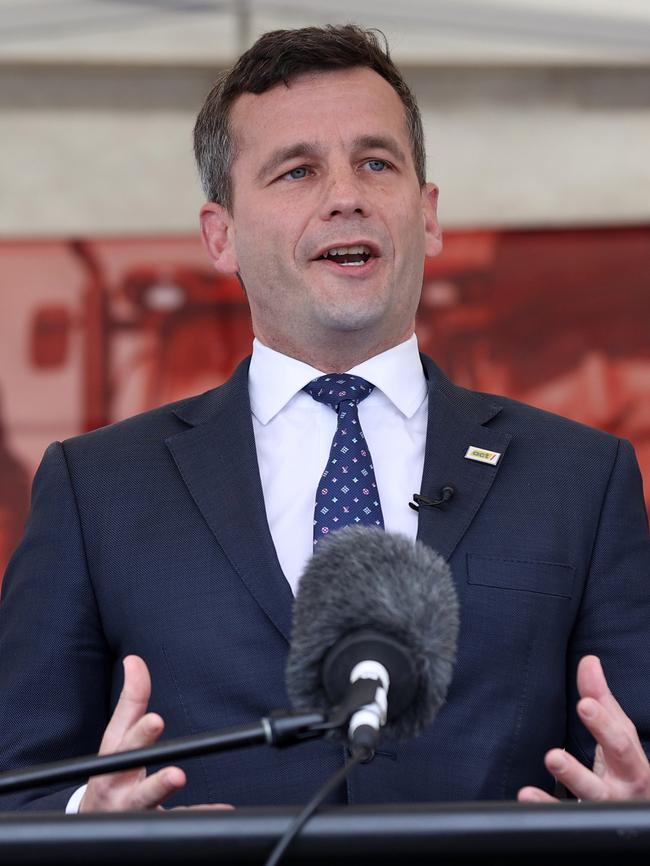
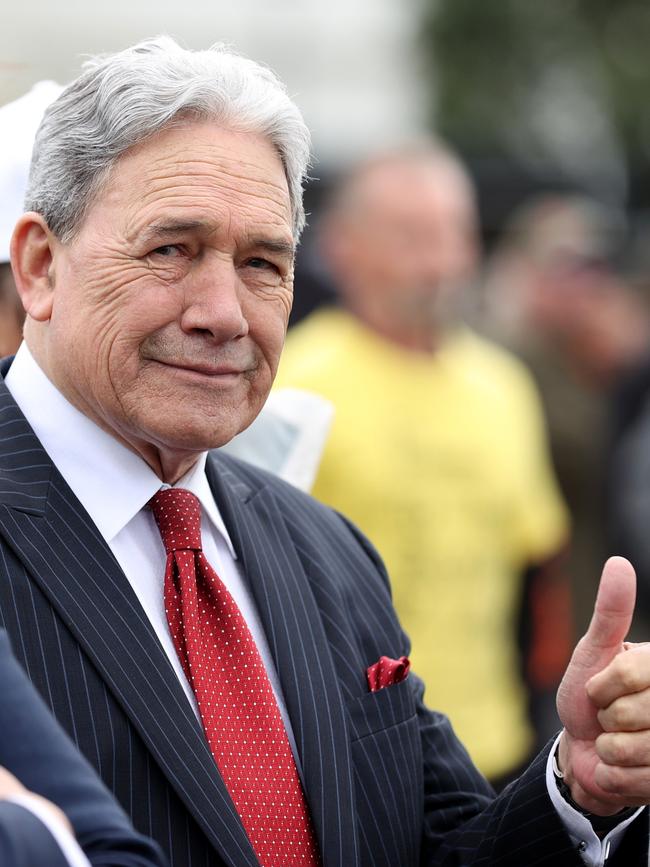
Craig Greaves is a New Zealand-based writer who spent nearly a decade working for the US State Department.


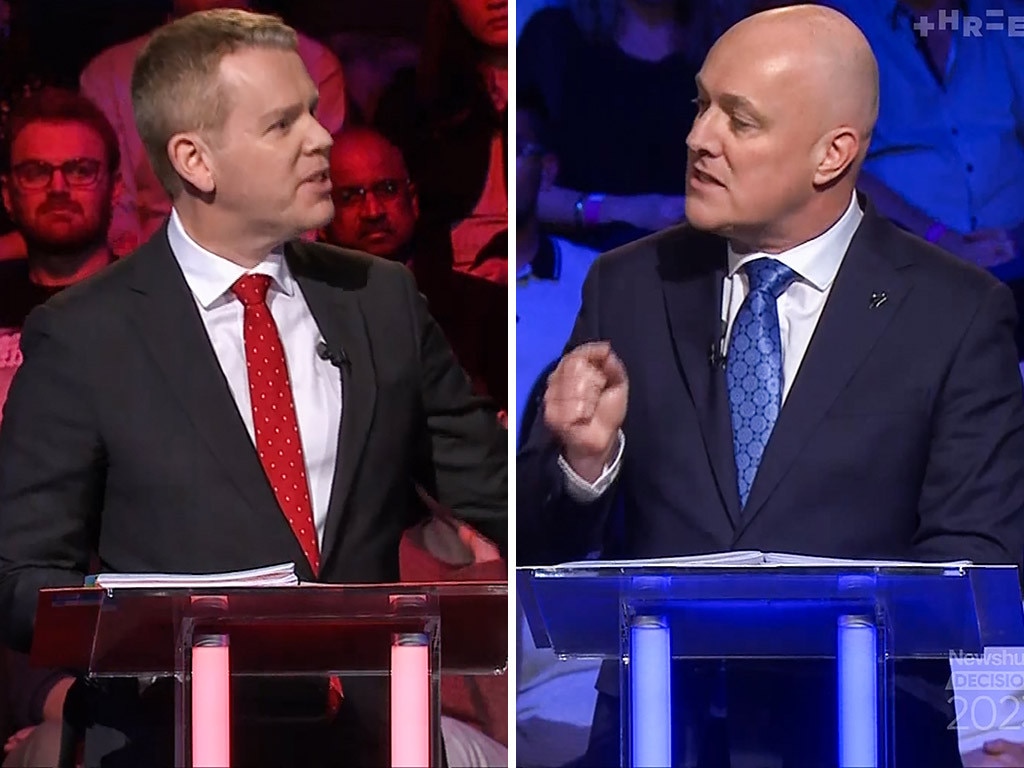



Of all the traits a politician needs, luck is foremost. Knowledge, savvy and charm are all strong indicators of political success. But the most important variable in determining political victory is simple luck. A politician backed by good omens and touched by kismet is almost always a winning one. Luck’s absence can quickly sink political hopes.